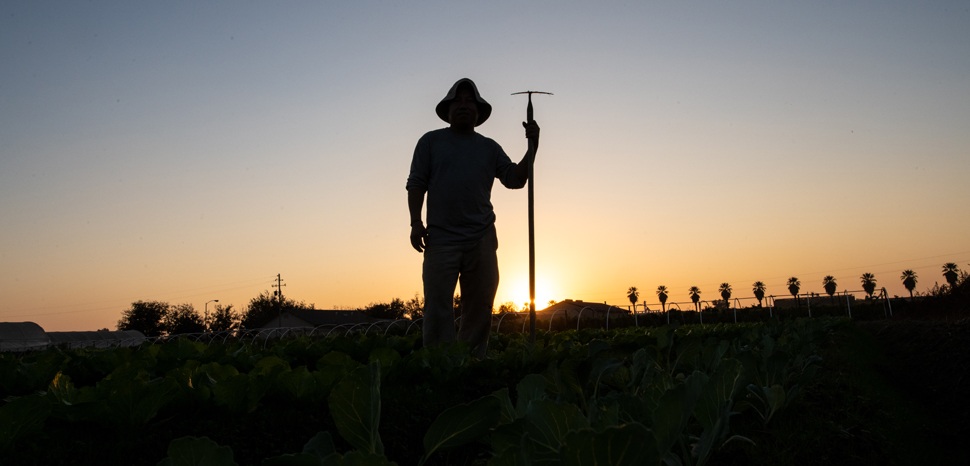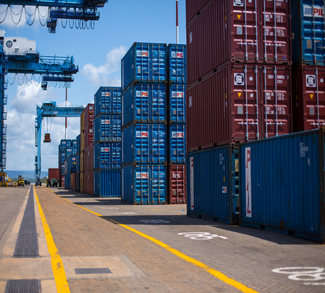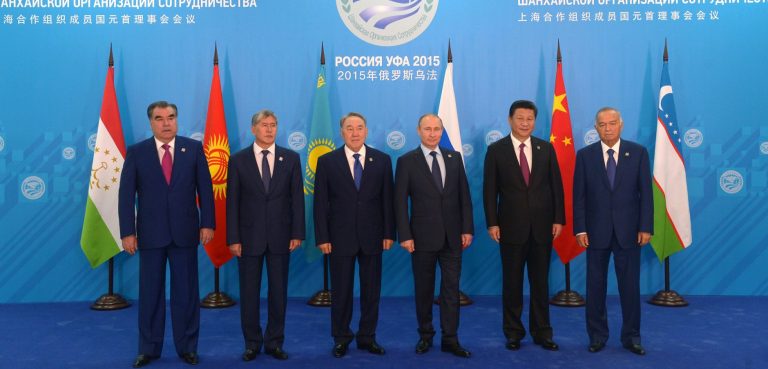How is it that our advanced system of global trade and food production can still produce rampant hunger?
Food shortages are a problem humanity has faced since before recorded history. In the modern world of global trade, however, it may seem a wonder that such problems can still occur. With so many avenues for trade and mass agricultural innovation, how can we still be experiencing food shortages?
In the face of the coronavirus pandemic, the world is facing food shortages that could leave 265 million people facing acute hunger by the end of 2020. This is a disaster that could rival if not dwarf the humanitarian issues presented by the virus itself.
So why is this happening? What geopolitical issues lay the groundwork for widespread hunger in the modern world? And why do the geopolitics of food cyclically create these disasters?
Here, we’ll examine a brief history of the geopolitical relationship with food shortages, how the global trade economy is contributing to these shortages, and potential solutions for the geopolitical problems we face.
A brief history of geopolitical food shortages
Ever since humankind began trading food supplies over long distances, the politics and problems of trade have crept into our food systems. As far back as 600AD, traders were bringing sugar from the Middle East across the Mediterranean. Later, the Europeans bringing sugar and other crops into the New World laid the groundwork for a highly interconnected global system of food trading.
As the dynamics of global trade shifted in the aftermath of World War II, meat consumption rose, and the demand for wheat in the Soviet Union to support the meat industry caused wheat shortages elsewhere. Suddenly, the interconnectivity of global trade was felt.
We never had greater potential to end world hunger … or to cause it on a massive scale.
Flash forward to 2020 and the coronavirus pandemic has seen food processing plants shut down around the world due to health concerns. These shutdowns were born from necessity — food plants had to protect employees and the public from COVID-19 — but the results have been dangerous in another way.
Now, millions around the world face hunger and starvation. But how are these problems still prevalent? And how can they be solved?
The problems of global trade
Around the world, food shortages are a real threat. COVID-19 has shown us this by bringing the reality of that danger home even to the U.S. in the slowing of supply chains and closures of meat plants, which all cause a chain reaction and damage the lives and livelihoods of farmers, their crops, and their cattle.
But why does global trade exacerbate these problems?
There are many reasons the interconnected world in which we live is vulnerable to wide-scale hunger, food shortages, and the public health issues that arise from the global food trade.
Here are just a few causes of these vulnerabilities:
- An exploding population across the world requires more food supplies daily.
- Developing countries are moving into higher consumption of food products that require massive agricultural resources, like meat and dairy.
- Cost changes in imported foods are felt the strongest in the poorest countries.
- The U.S. has tied corn prices to the cost of oil through increased ethanol production.
- Climate change threatens crop yields.
- Lack of cohesive power in distributing food resources creates gaps.
- Travel bans and transportation disruptions threaten vulnerable food deserts.
The cyclical nature of geopolitics and food
The problems caused by our integrated system of global trade and political reactions create a cyclical chain that continues to exacerbate the above issues. We have built a system on imports and exports, the economic rewards of which are not cognizant of the needs of the people making the system work.
Because of this, the global trade environment in which we live stretches resources to importing nations that have the buying and trading power to effectively keep themselves stocked in food, while the poorer nations lose out. In a disaster situation like a pandemic with a sharp economic impact, these poor countries and food deserts find food prices rising to dangerous levels.
Since developing nations rising on the economic ladder demand more resource-heavy foods like meat and dairy, these resources are further developed in poor communities but sold off to the highest bidder. Furthermore, delays in food processing from shutdowns like those caused by the coronavirus pandemic raise prices of food across the world, redirecting those resources to regions that can afford it.
It is a cyclical system that almost guarantees a loser, just as COVID-19 has shown in countries like East Africa and Kenya.
Added to the problem is the danger climate change presents dangers to crop growth across the world. Simultaneously, since the U.S. is ramping up production of ethanol for fuel in order to use fewer fossil fuels, an increasing portion of the country’s crops and agricultural resources will go towards fuel production. The outcome, then, is fewer food resources being directed to people who need them.
All these factors equate to a precarious situation in which rich countries maintain power over the food supply, while the acquisition of food becomes highly politicized in other nations. Add to that the dangers of countries possibly manipulating statistics, data, and food supplies for economic gain, and the outcome for world health and well being becomes dubious.
Potential solutions
The situations driving global food shortages are as complex and interconnected as the global economy itself. Managing viable solutions that do not favor specific countries and create avenues for global health is a difficult challenge of the 21st century, but a hopeful one nonetheless.
Experts are working on the following ideas in degrees to help ensure the geopolitical relationship with food shortages does not cause mass famine and death in the future: 1) increasing sustainable, less-resource demanding food options; 2) converting to sustainable transportation and industrial fuels; 3) creating a global food relief system; and 4) preventing delays in food access to poor areas and food deserts
The connection between geopolitics and food shortages may prevent a complete obliteration of these problems across the world, but by making progress towards an interconnected system that adjusts and prepares for shortages, rather than exacerbating them, we can reduce the damages of food shortages in the future.
The views expressed in this article are those of the authors alone and do not necessarily reflect those of Geopoliticalmonitor.com or any institutions with which the authors are associated.




